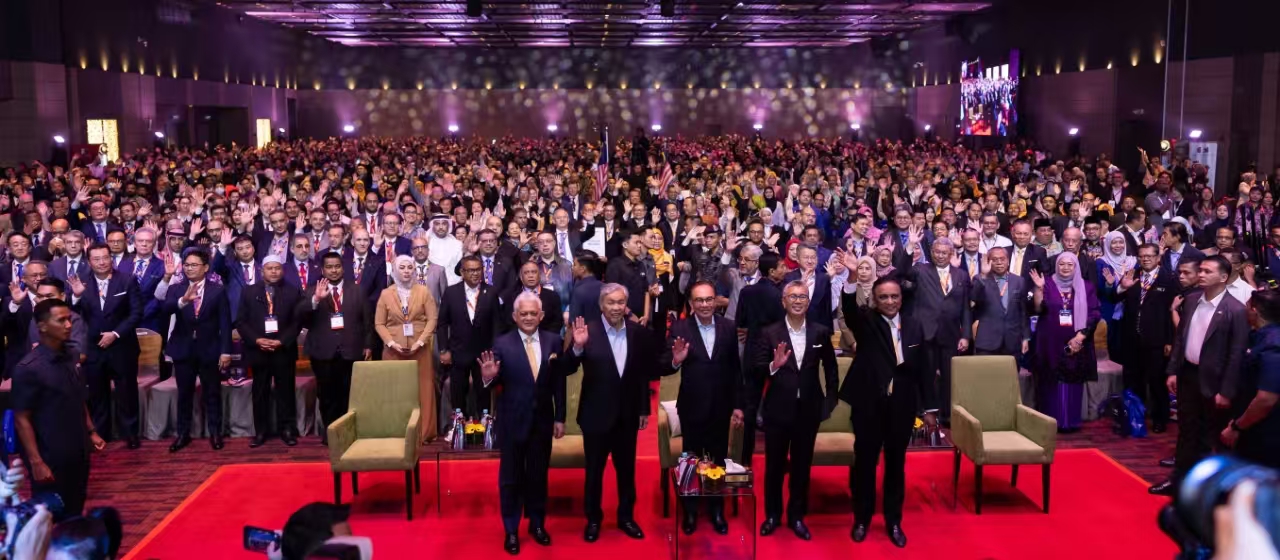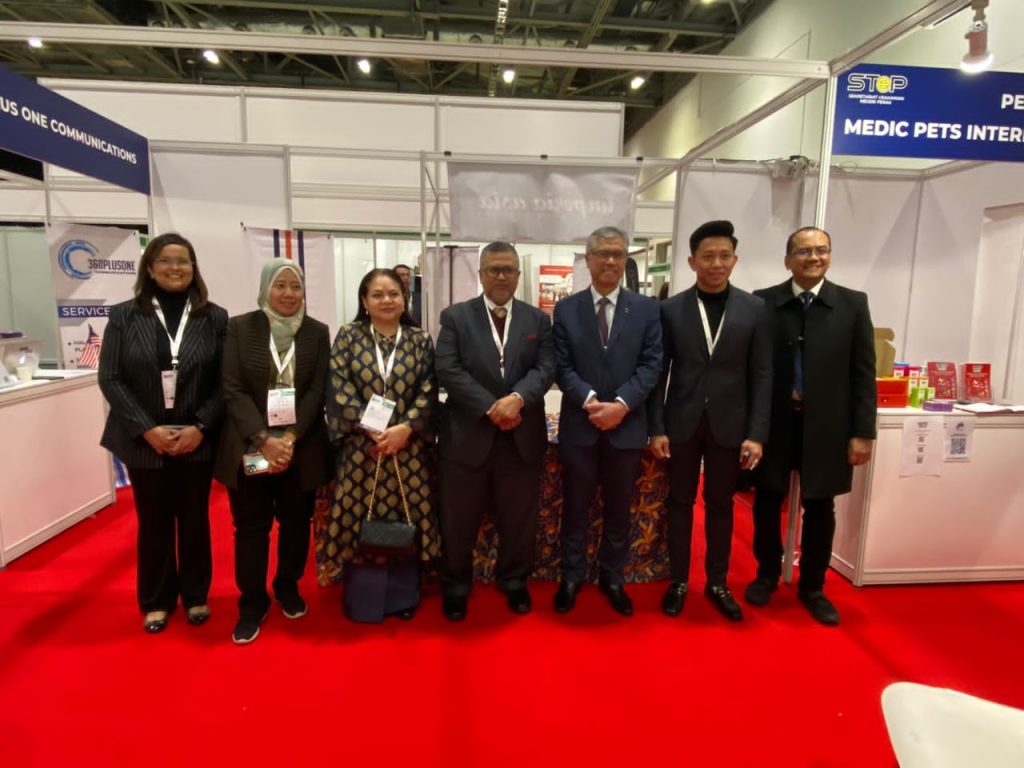
China is a key market for Malaysia in its quest to become a global halal trading hub, as the East Asian nation is home to one of the world’s largest Muslim populations, a senior trade official said on Sept 17.
“What is important is for us to position (Malaysia) as a champion of the halal industry,” Mohd Mustafa Abdul Aziz, CEO of the Malaysia External Trade Development Corporation (MATRADE), said at the opening of Malaysia International Halal Showcase (MIHAS) 2024 in the capital city of Kuala Lumpur.
He noted that China has been Malaysia’s biggest trading partner for the last 15 years.
China, with its 1.4 billion population, is home to over 20 million Muslims. Mohd Mustafa said the Chinese demand for halal products and services cannot be ignored. That is why Malaysia is “moving fast into the (Chinese) market”, he added.
“I believe that Malaysia has taken the halal industry to a different level. A different level for the fact that the acceptance of the consumer toward halal products and services is unbelievable. And not only in China, but also … at other Asian markets, there’s a huge demand,” Mohd Mustafa said.
Halal, which means permissible in Arabic, refers to any product or service that is aligned with Islamic laws. Halal food products, for example, do not contain alcohol or pork, while Islamic finance considers riba (usury) as haram (forbidden).
Malaysia, a Muslim-majority country in Southeast Asia, is one of the key players in the global halal trade. MATRADE has been hosting MIHAS since 2004. In 2023, 38,000 people visited MIHAS and negotiated trade deals worth more than 3.20 billion ringgit ($751.5 million). This year marks the 20th iteration of the annual trade event.
Reezal Merican Naina Merican, MATRADE’s chairman, said that out of the 534 exhibitors from foreign countries, 134 are from China, making it the biggest foreign country participant in MIHAS.
“This year we’ve been witnessing a very encouraging participation of companies from China,” he said.
Malaysian Prime Minister Anwar Ibrahim said that even in non-Islamic countries like China and Russia, halal products are gaining ground, thanks to consumers who see the value of halal products.
In his opening speech, Anwar said halal products are not just known for being free of pork or alcohol. More people now “expect high quality products in terms of health, in terms of avoiding hazardous chemicals,” he said, noting that halal products have these qualities.
Malaysia’s Investment, Trade and Industry Minister Tengku Zafrul Tengku Abdul Aziz said Malaysia has managed to retain its top spot in the halal food sector for the last 10 years, citing data from the Global Islamic Economic Indicators 2023.
“Products like supplements, functional foods and ingredients are increasingly seeking halal recognition due to the trust consumers place in them regarding cleanliness and quality. From a service perspective, the Islamic finance sector is widely accepted for its principles of risk-sharing and investment based on Islamic values like justice, sincerity and social responsibility,” Zafrul said.
He said the Malaysian government “proactively supports” the halal industry, as global demand for halal products and services is projected to reach $5 trillion by 2030.
Malaysian officials are further expanding the country’s trade relationship with China, not only in the halal sector, but in other areas as well. The Malaysia-China Summit 2024, an international trade expo, will be held in Kuala Lumpur in December to cap the year’s celebrations marking the 50th anniversary of bilateral relations.
Michelle Lau Sook Yee, project director of the trade expo, said he expects over 600 companies to participate in the event.
“We are not only promoting big companies, but we are also paving the way for SMEs (small and medium-sized enterprises) to establish greater collaborations. So we are trying to ensure that this 50th anniversary is further optimized,” Lee said.



